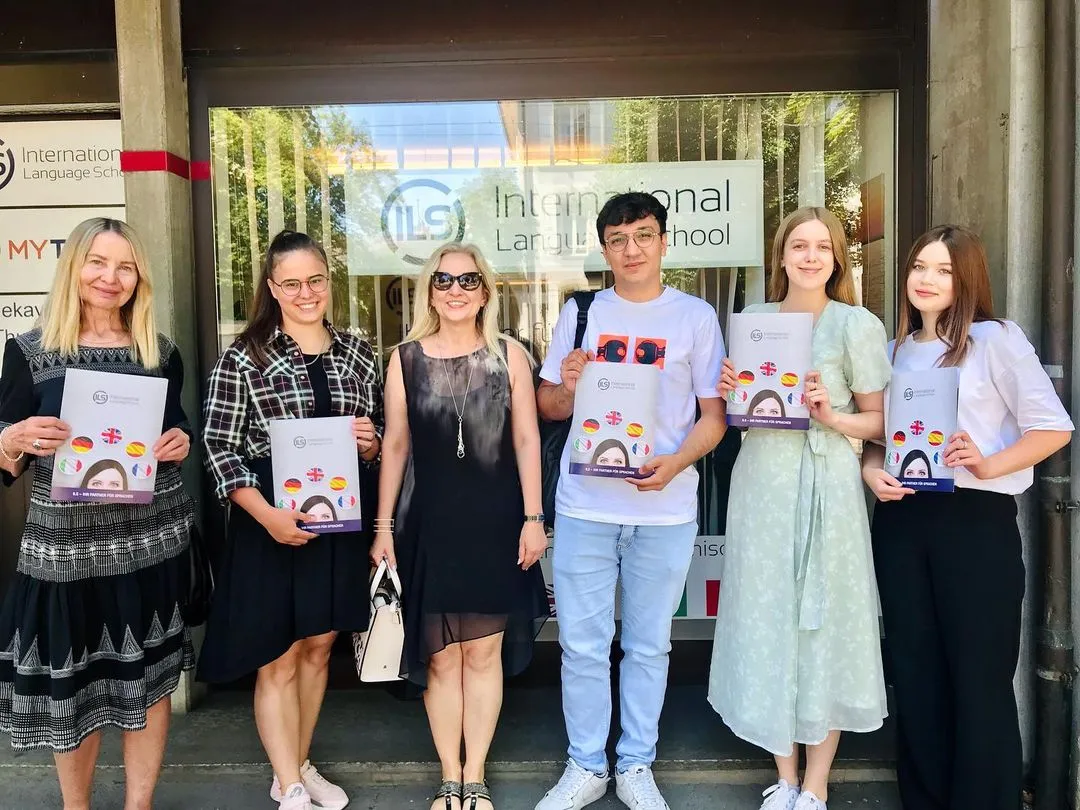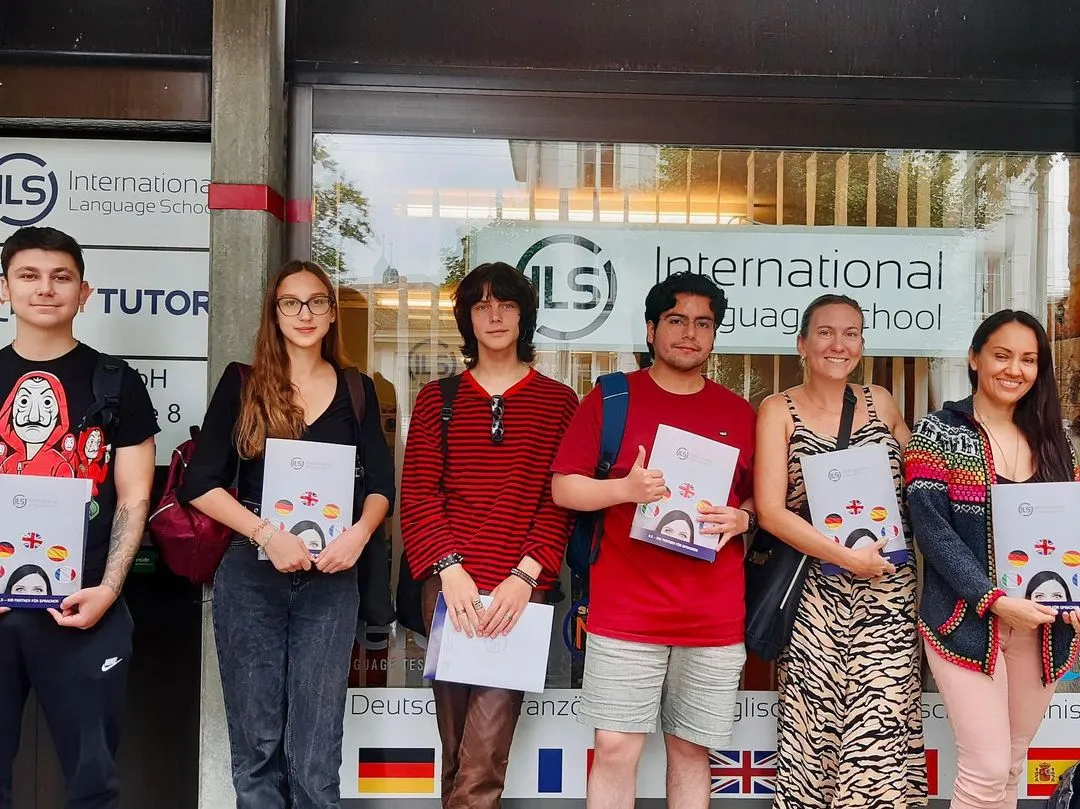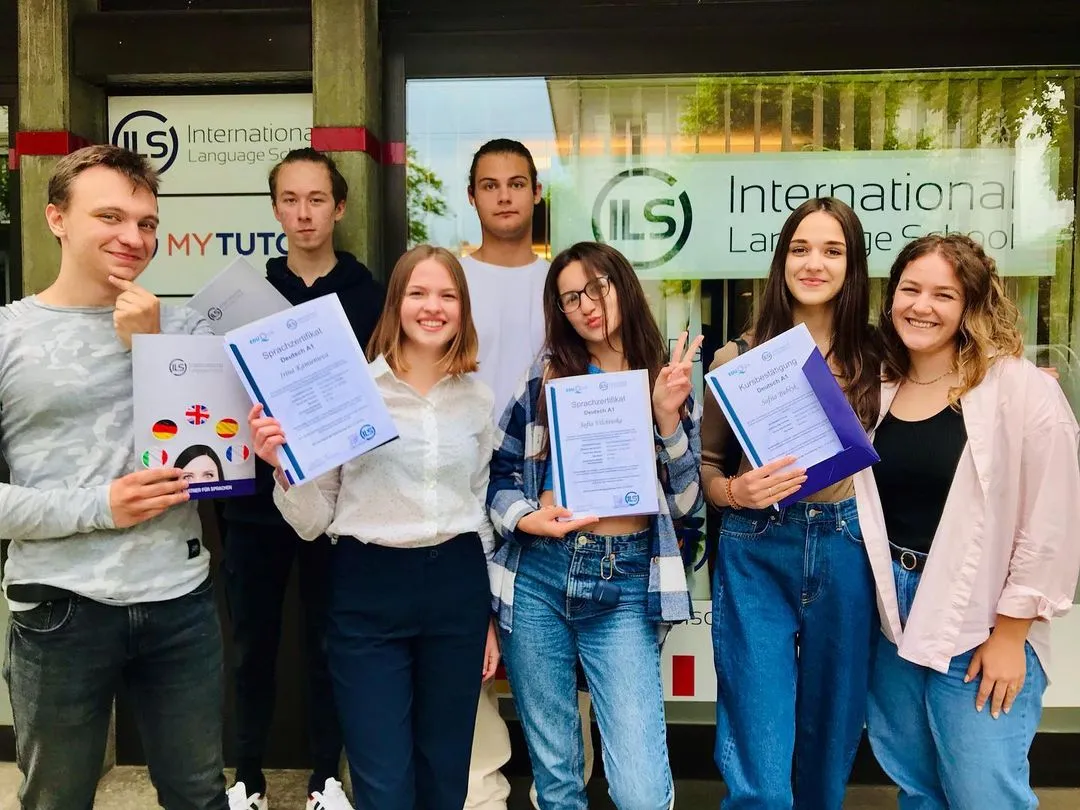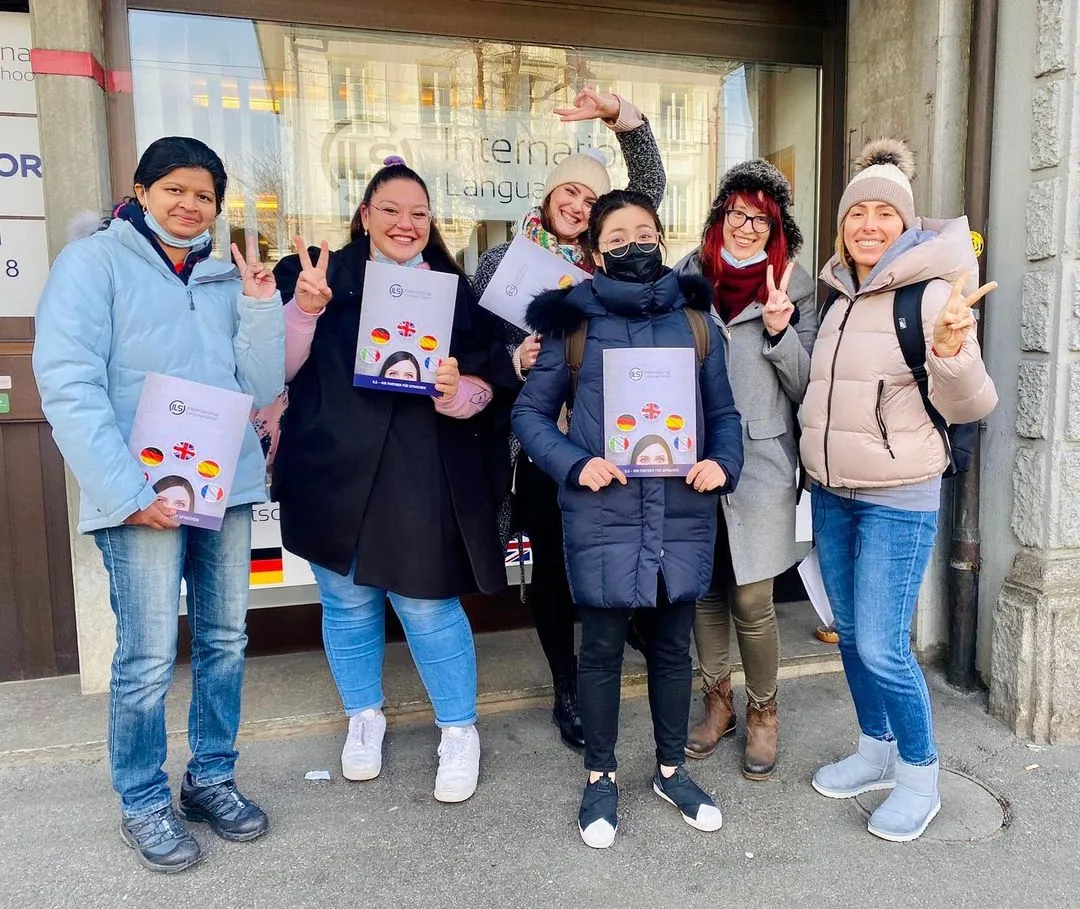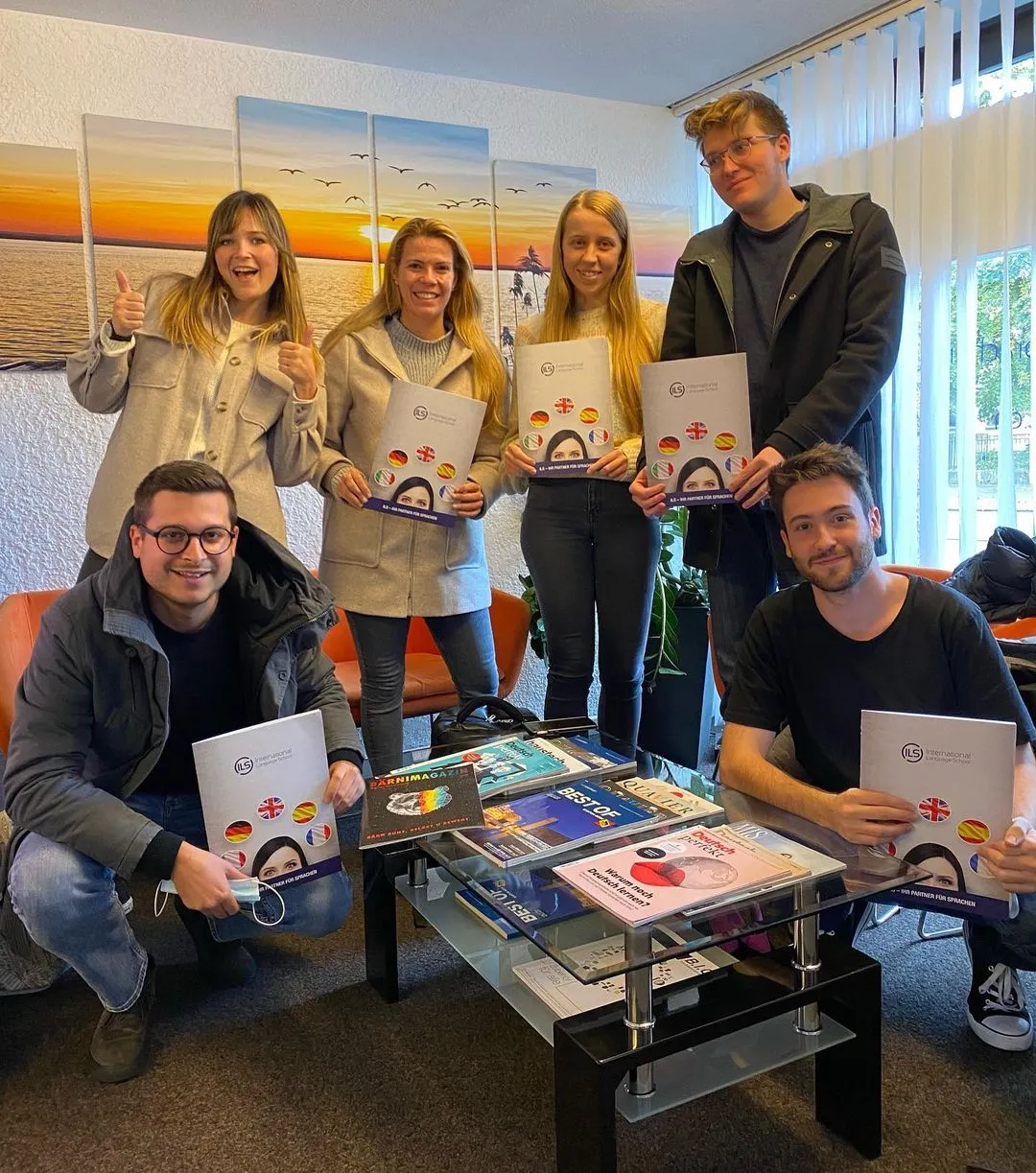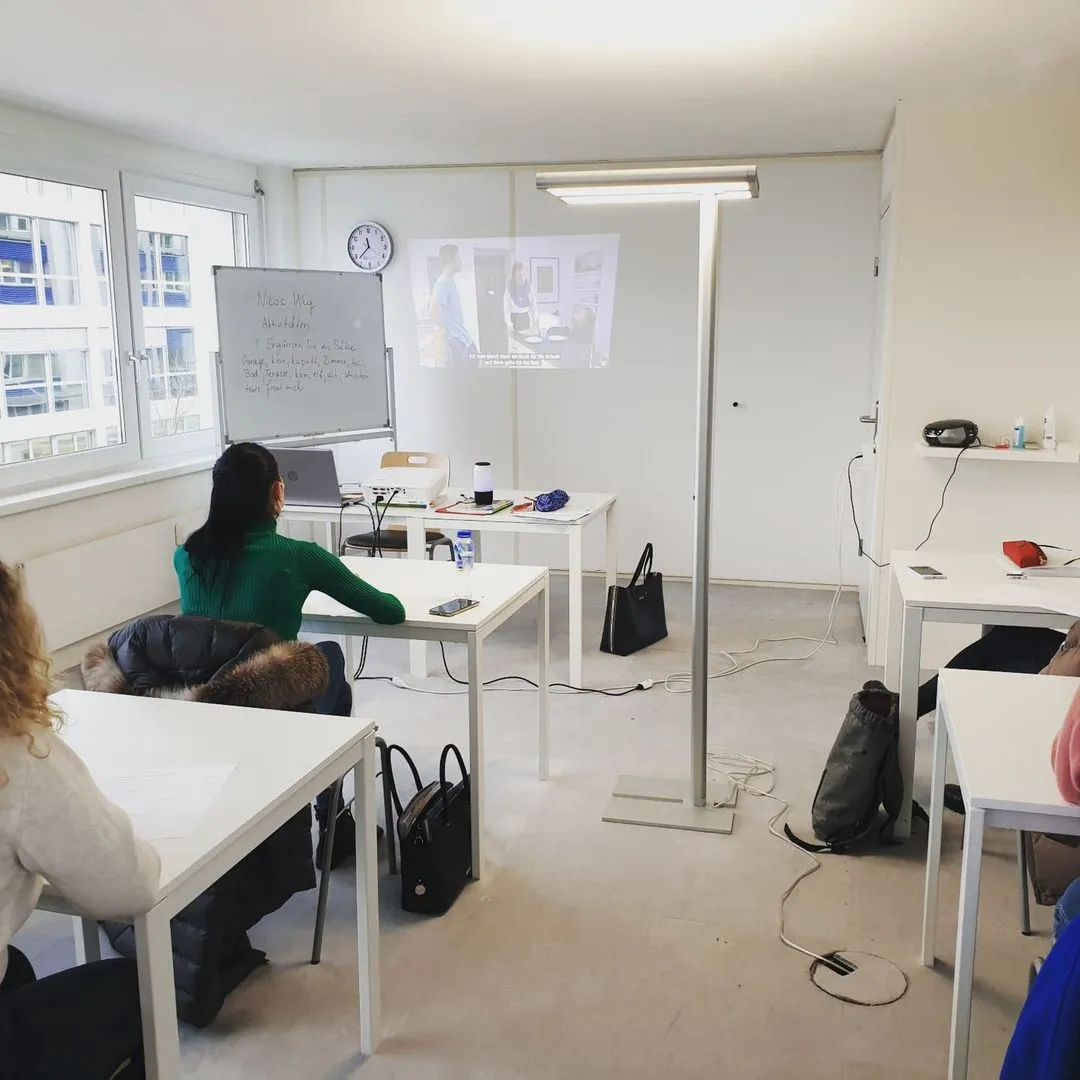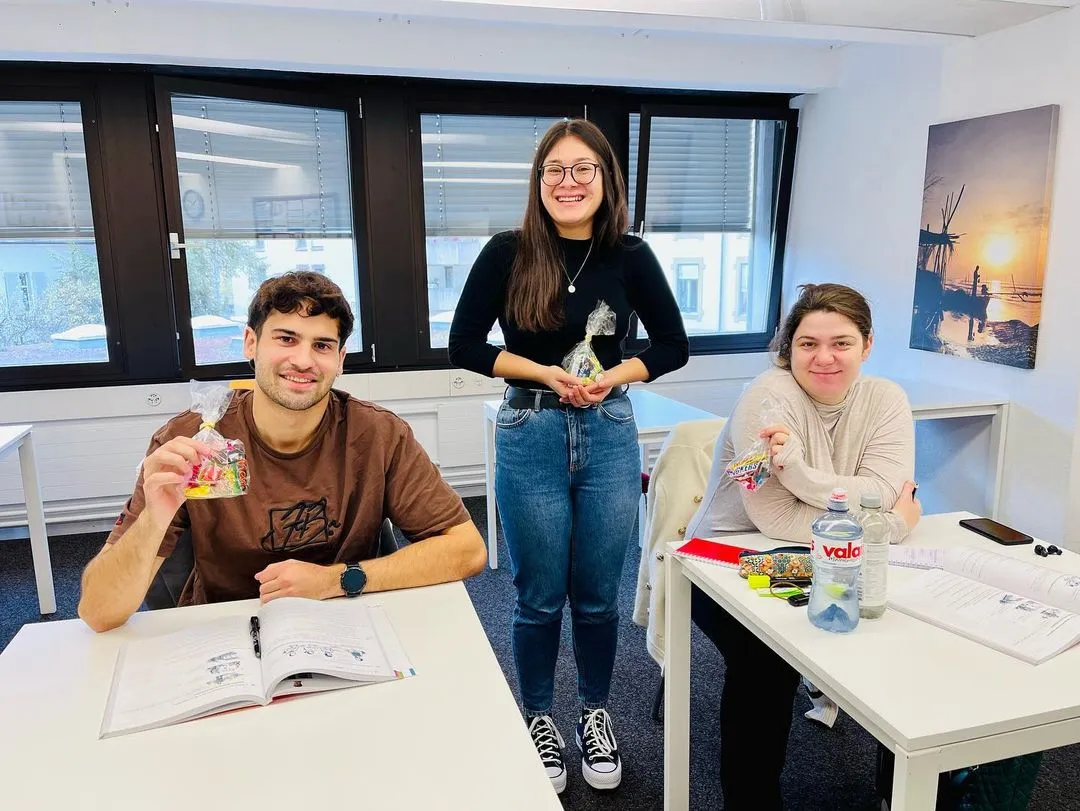
Swiss German vs. High German: What you need to know
Who learn German in Zurich is faced with a fascinating linguistic challenge. Switzerland, and Zurich in particular, offers a unique linguistic landscape in which High German and Swiss German coexist. For beginners in German courses in Zurich, it is important to understand that both language variants play an important role in everyday life.
While High German is the official written language and is used in formal situations, Swiss German is the predominant colloquial language. Whether you are looking for a German course for beginners or a Swiss German course for beginners both options are essential for successful integration. Learning Swiss German in Zurich opens doors to authentic everyday conversations, while High German remains indispensable for education and work.
Historical background: The roots of German in Zurich
The development of Swiss German is deeply rooted in history and closely linked to Switzerland's cultural identity. As an Alemannic dialect, Swiss German has developed independently over the centuries, influenced by geographical, political and social factors. While the standardization of High German in Germany in the 16th century was driven by Martin Luther's translation of the Bible, Switzerland preserved its linguistic diversity.
Nevertheless, High German gained importance as a written language and in official contexts, especially since the 19th century. This linguistic duality still characterizes the Swiss linguistic landscape today. Anyone attending a German course in Zurich benefits from this rich linguistic heritage. ILS-Zürich offers effective courses in both High German and Swiss German, giving learners a comprehensive understanding of each language variant.
Main differences in pronunciation: High German and Swiss German in comparison

Pronunciation is one of the most noticeable differences between High German and Swiss German. Anyone attending a Swiss German course for beginners will quickly be confronted with the characteristic sounds. The guttural "ch", the emphasis on final syllables and the intonation often described as "singing" are typical features of Swiss German.
In comparison, High German sounds softer and less melodic. The pronunciation of the "r" also differs significantly: while High German often uses a Zäpfchen-R, Swiss German tends to use a rolled R. These differences make learning Swiss German in Zurich a fascinating challenge.
In the high-quality German courses in Zurich at ILS-Zürich , beginners learn the correct pronunciation of High German. Separate Swiss German courses are available for those who want to familiarize themselves with Swiss German. Special phonetics exercises and listening comprehension training are important components of these effective courses for learning German in Zurich.
Grammatical peculiarities: What you learn in a Swiss German course for beginners
If you want to learn German in Zurich, you will soon realize that Swiss German has some grammatical peculiarities that distinguish it from High German. In contrast to High German, Swiss German often uses simplified sentence structures, which can be confusing for beginners at first.
One noticeable difference is the omission of the past tense - instead, the perfect tense is used almost exclusively. In Swiss German, for example, you say "Ich bi gsi" (I was) instead of "Ich war" (I was). In a Swiss German course for beginners, you will also learn that verbs can be conjugated differently. For example, "wir sind" becomes "mir sind".
Other grammatical peculiarities include:
- The use of the diminutive with "-li" (e.g. "Hündli" instead of "Hündchen")
- Deviating plural formations (e.g. "Böge" instead of "Bögen")
- Differences in the use of prepositions
These differences illustrate how valuable specialized courses for High German and Swiss German are. At ILS-Zürich , learners can specifically learn the desired language variant and thus move confidently in the respective linguistic environment.
Vocabulary and idioms: The key to successfully learning Swiss German in Zurich
Vocabulary is a fascinating area in which High German and Swiss German differ significantly. Many everyday words in Swiss German are very different from those in High German, which makes learning Learning Swiss German in Zurich an exciting journey of discovery.
Some examples:
- "Grüezi" instead of "Guten Tag"
- "Velo" instead of "bicycle"
- "Carrots" instead of "carrot"
- "Znüni" for a mid-morning snack
There are also numerous typical Swiss idioms that should be explained in a German course for beginners. For example:
- "Es fägt" (It's fun)
- "Uf e Streich" (All at once)
- "Gang rüefle" (Go to sleep)
Knowing these linguistic peculiarities is crucial for successfully learning Swiss German in Zurich and helps you to cope better in everyday life. The German courses and Swiss German courses at ILS-Zürich teach the relevant vocabulary in context and encourage learners to actively use new expressions in everyday life.
Everyday use: When to use High German or Swiss German in Zurich

In Switzerland, the use of High German and Swiss German is adapted to the situation, which is very important for learners on a German course in Zurich. In the professional environment, especially in international companies, High German is often the preferred option. High German also dominates in educational institutions, official documents and in the news.
In contrast, Swiss German is the language of everyday life:
- When shopping in local stores
- In restaurants and cafés
- In conversation with neighbors or during small talk
- In informal work situations
- In local politics and club activities
The high-quality courses at ILS-Zürich prepare learners specifically for the respective language variant. This is particularly important for those who want to learn German or Swiss German in Zurich, as it enables them to communicate successfully in the relevant areas of life.
For beginners attending a Swiss German course, it is helpful to know that many Swiss people will readily switch to High German if they realize that their counterpart is having difficulties. Nevertheless, the ability to understand and speak Swiss German is highly valued and can open doors.
Tips for learning both variants: Learn German effectively in Zurich
For beginners who learn German in Zurich it is advisable to start with High German first. A solid German course for beginners lays the foundation for learning Swiss German later on. Here are some tips for effective learning:
- Structured learning: Attend a German course in Zurich that takes both options into account.
- Immersion: Surround yourself as much as possible with the language, both High German and Swiss German.
- Media consumption: Listen to Swiss radio, watch local TV programs and read Swiss newspapers.
- Tandem partner: Find a native speaker for regular conversation exercises.
- Online resources: Use special apps and websites to learn Swiss German.
- Cultural understanding: Take part in local events to experience the language in a cultural context.
ILS-Zürich offers both German courses and Swiss German courses. Learners are free to choose which language variant they would like to learn, with no set order. The courses focus on the special features of each variant and include lots of practical exercises.
Patience and continuous practice are the keys to success. With the support of the qualified courses at ILS-Zürich , learners can master their chosen language variant and move confidently in the corresponding linguistic environment.
ILS-Zürich: Your partner for German courses and Swiss German courses in Zurich

ILS-Zürich offers a comprehensive range of courses for anyone who wants to learn German in Zurich. Our German courses in Zurich are divided into different levels, from A1 German course for beginners to C2 for advanced learners. Each course combines grammar, vocabulary, listening and reading comprehension as well as conversation.
Our unique selling point are the specialized Swiss German courses. The Swiss German course for beginners provides a gentle introduction to the special features of the dialect. Advanced courses deepen the understanding and use of Swiss German in everyday life.
ILS-Zürich relies on:
- Small groups of maximum 8 participants for intensive support
- Flexible course times, including evening and weekend courses
- Experienced, native-speaking teachers with pedagogical training
- Modern teaching methods with interactive elements
- Regular learning progress checks and certificates
We also offer customized company courses and individual lessons. Our online learning portal allows you to practise outside of the classroom. For those interested in official language certificates, we prepare specifically for exams such as the Goethe Certificate or the Swiss Language Diploma.
Visit our website or arrange a personal consultation to find the right course for you. With ILS-Zürich you can master both High German and Swiss German and feel confident in any linguistic situation in Zurich.



